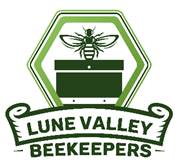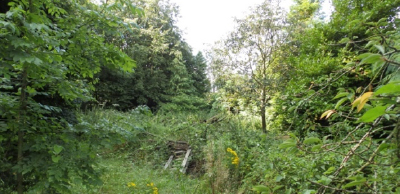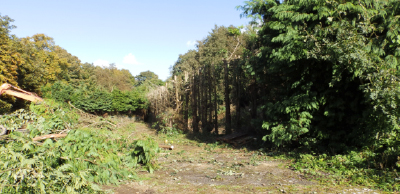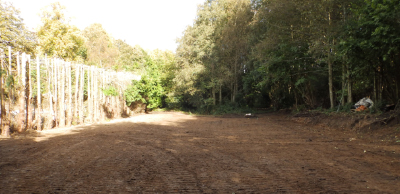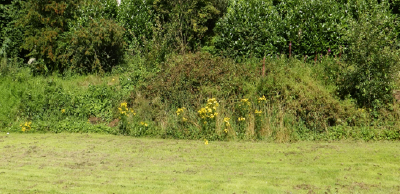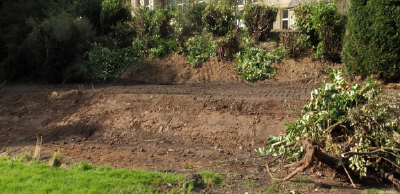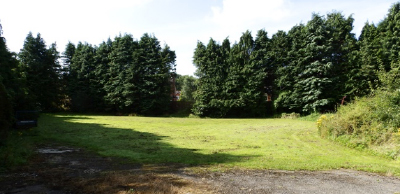Our Apiary
Our club apiary is a beautiful and tranquil location very close to central Lancaster. It is a perfect location in which to keep bees in an urban environment. There is parking, a queen rearing area using our own Lune Valley Long Hives, hives of bees, a wildflower meadow and woodland, multiple swarm boxes / traps, a club house and storage facility.
At the apiary club members meet and manage the site in an environmentally friendly way, we have training for people who want to learn how to keep bees, and more advanced sessions and workshops. Our open day is held here where the public can buy local honey, beehives and wax products, learn about honey bees, talk to club members and enthusiasts and out beekeeping in and around Lancashire.
In October 2016 we commenced work on the creation of a new Club apiary on a 2.6 acre site, contained in an 11 acre garden and woodland area, close to the centre of Lancaster. Our aspirations were to:
- create a training apiary with all-weather wheelchair access
- plant and maintain a half-acre wildflower meadow
- build a club house
- manage the one acre of woodland on site for the benefit of local wildlife.
